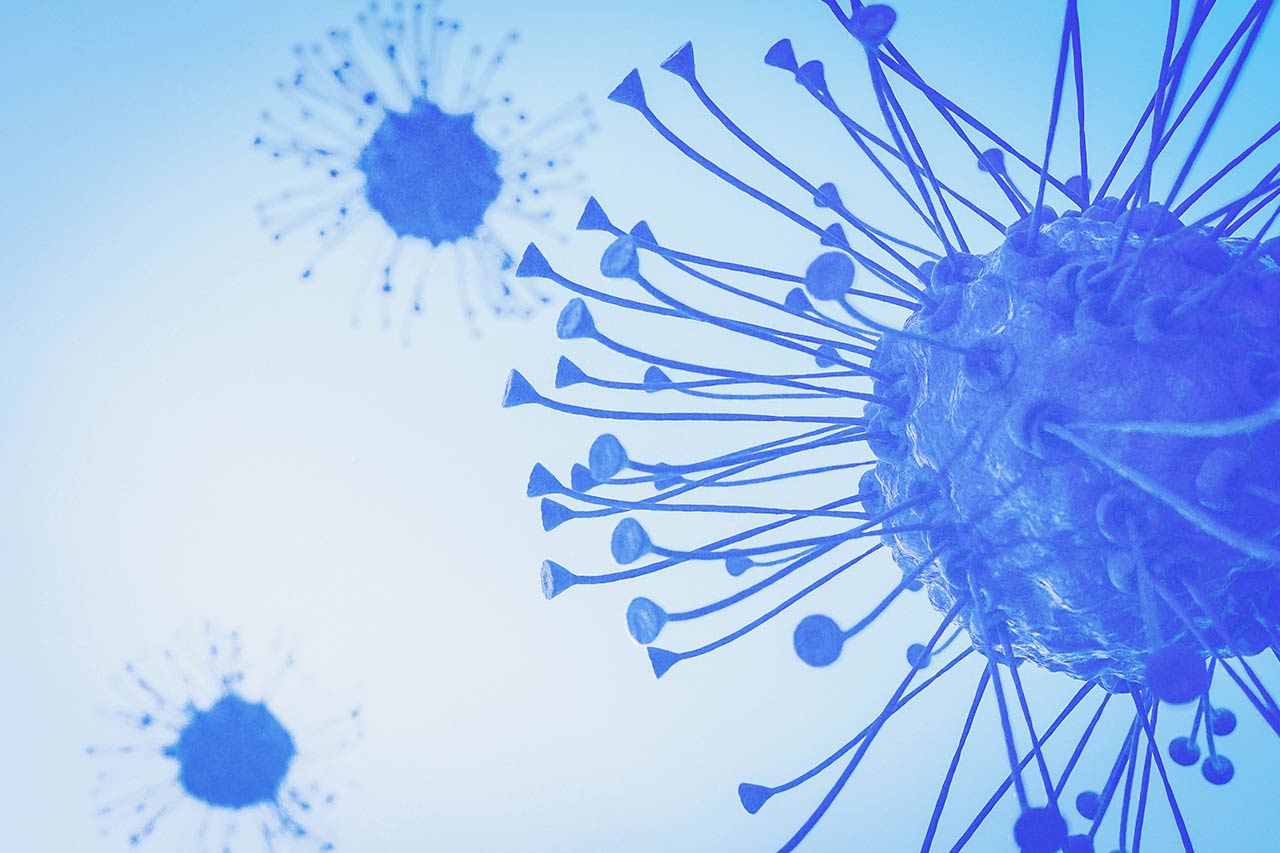Reason n°1: Advanced Therapy Medicinal Products are surfing on the COVID-19 awareness wave
The urgency of COVID-19 pandemic meant that the news outlets provided extensive coverage on the candidate vaccines, with vaccine information presented by qualified individuals, most often doctors and scientists. The continuous media exposure on the topic of mRNA vaccines over an extended period of time bred familiarity and demystification of this new technology in the eyes of the general public. The newly acquired awareness was further strengthened/honed by significant efforts from small and large health agencies such as World Health Organization, to acquaint the public with vaccine-related educational campaigns, on topics such as mode of action of mRNA vaccines and their safety profiles.
The conjunction of media and mass educational efforts sensibilized a large majority of the general population to be primed for receptivity of new generation of therapeutics, such as Advanced Therapy Medicinal Products.
Reason n°2: the fast-paced production of mRNA-based vaccines can inspire Advanced Therapy Medicinal Products manufacturing
During the pandemic, with effective and safe COVID-19 vaccines successfully developed, a secondary challenge of delivering lifesaving medicines to a global population has quickly emerged. The deployment of COVID-19 vaccines pushed supply chains to adapt at unprecedent speed and manner to overcome a number of barriers that were hindering mass distribution of mRNA vaccines, such as the capacity to manufacture the large required quantities and cold delivery. The increase in manufacturing was achieved through the exchange of intellectual property and technical know-how. These two key elements permitted pharmaceutical manufacturers to drastically increase their production through partnerships with other manufacturers (e.g., license sharing, supply agreement). ATMPs biotech companies face a similar challenge, presently being only adept to produce in a selected and centralized number of sites. Collaborative effort allows for collection and delivery of the required biological materials to a higher number of manufacturers, thus scaling up production and reducing wait times.
In the UK, Symbiosis, a contract manufacturing organization (CMO), partnered with the public funded center of excellence, CGT Catapult (Cell and Gene Therapy Catapult), to develop a lean manufacturing supply chain aiming at reducing the production cycle up to 25%[1]. In France, the ambition of France BioLead is to structure and consolidate the French biomanufacturing sector, assembling manufacturers (biotech, pharma companies, CDMOs, CROs, etc.), academic players, governmental institutions, competitive clusters, associations and professional unions. Therefore, it is key for ATMPs players to collaborate throughout biomanufacturing value chain and its ecosystem (e.g., biotech companies, pharma companies, manufacturing organizations, supply chain service providers, regulatory bodies).
The delivery of mRNA vaccines was particularly challenging due to cold storage requirements (-20°C storage and below, while traditional inactivated vaccines are stored between 2°C-8°C). For most developed countries the challenge was the reality of either underdeveloped or aging cold supply chains, hence a difficulty in transporting of temperature-sensitive vaccines. The urgency of the COVID-19 pandemic resulted in expansion and investment in improvement of cold supply chains.
Learn more about how our team can support you in your projects related to messenger RNA >
High-income countries directed investment into their own cold chain infrastructures and non-governmental support was deployed majorly by the Gavi Board for low-income countries, a public-private partnership that focuses on affordable and environmentally-sound new technologies to improve the effectiveness of vaccine delivery. The delivery of Advanced Therapy Medicinal Products such as mRNA based tissue engineering or the CAR-T Cells for cancer treatment, have similar cold storage needs, and can benefit from recent reinvestment in supply chain infrastructures.
Reason n°3: greater trust and a new regulatory framework positively impact Advanced Therapy Medicinal Products
COVID-19 mRNA vaccines, just like for the public, were a novel vaccination approach for healthcare professionals (HCPs). The novelty of mRNA vaccines meant that HCPs needed to be rapidly aware of medical information regarding these vaccines through both trust building and overall empowerment.
To build trust around a new technology, which might raise concerns among HCPs and the general public, some countries put in place specific campaigns targeting HCPs in priority. Notably in the United States, the Vaccination Confidence Strategy was created to provide clear guidelines to HCPs on both technical and communication aspects for vaccine deployment:
Vaccination Confidence Strategy among Healthcare professionals (HCPs)
- Encouraging HCPs to get vaccinated
- Spotlighting vaccine champions
- Creating space for dialogue (virtual townhalls etc.)
- Educational campaigns for HCP (educational resources, addressing myths, answering questions etc.)
|  | - Encouraging patients about getting vaccinated
- Partnering for success (with national and local healthcare professionals’ assocations)
- Leveraging relationships with trusted messengers (community-based organizations)
|
In this regard, industrial corporate public affairs must collaborate with local and national stakeholders (e.g., health authorities, medical societies, patients advocacy groups) to inform, engage and empower HCPs to support the deployment and to ensure the access to new therapeutics, including ATMPs. Indeed, due to their price and manufacturing processes involving specific logistic and technical constraints (e.g., quality and safety control, liability), the deployment of ATMPs raises questions around new funding models and changes of the regulatory framework. The experience of the COVID crisis has raised awareness of the need to re-think how patients can access new therapies, which requires at some point, agility and flexibility from regulatory bodies. For instance, in the UK, the Medicines and Healthcare Products Regulatory Agency (MHRA) has proposed the concept of “Control Site” to adapt its’ regulatory assessment process to a decentralized and “point-of-care” ATMPs therapy manufacture model. This innovative model enables hospitals to manufacture on-site and deliver safe and effective medicines to patients while ensuring that GMPs are followed in point-of-care site.
In definitive, COVID mRNA vaccines have paved the way for ATMPs by raising public awareness on scientific innovations in healthcare, fostering industrial scale-up and collaboration, and relying on multi-stakeholder engagement to accelerate the access to innovative drugs. Alcimed follows closely the development of ATMPs, including biotherapies such as cell and gene therapies, and is ready to support you on these topics! Don’t hesitate to contact our team!
About the authors,
Marie-Alix, Project Manager in Alcimed’s Healthcare team in France
Tak-Wai, Senior Consultant in Alcimed’s Healthcare team in France




